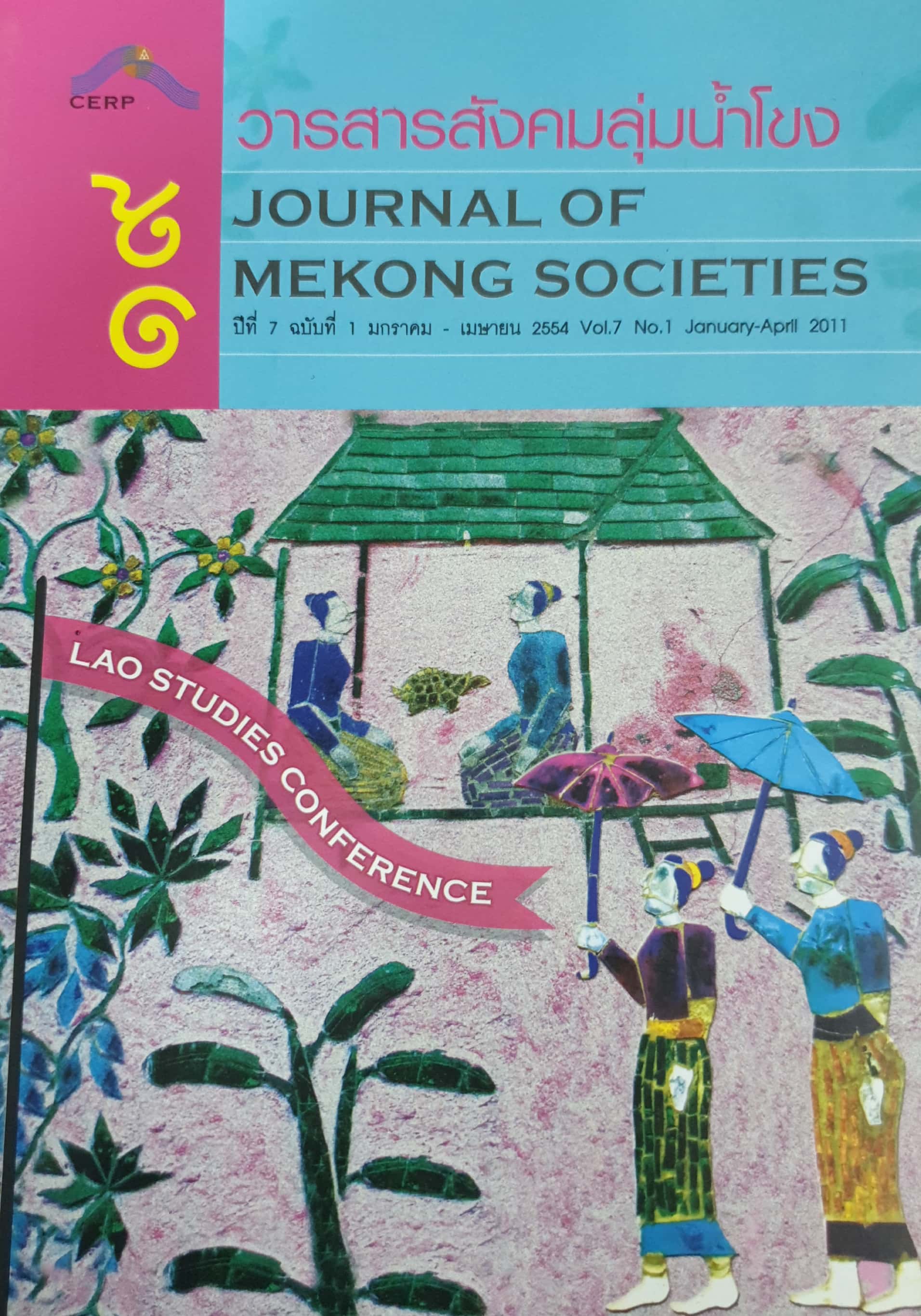The Role of Traditional Rituals in Cultural Maintenance and Tourism in a Phu Tai Village
Main Article Content
Abstract
This article examines the interaction between traditional rituals and tourism in a Phu Tai village at Nong Sung district, Mukdahan Province. It aims to investigate how the maintenance of traditional rituals can contribute to promoting tourism and cultural heritage management for host communities. The data collection used a qualitative research approach, drawing on both primary and secondary sources. The field research included oral (local) history, field visits, observation, interviews and photography. It was found that the Phu Tai community feels strongly about preserving traditional rituals. Phu Tai people realize that the younger generations should understand Phu Tai culture and appreciate their identity. Moreover, they think that their culture should provide an opportunity for others to understand them. They are now managing their community as a tourist attraction with traditional rituals. It is considered to be authentic or traditional and thus is more likely to attract visitors. They admire Phu Tai cultural heritage according to the concept of “cultural significance” in determining information regarding culture that can be applied in field studies of human values and ideologies that embrace historical, social, and aesthetic values.


